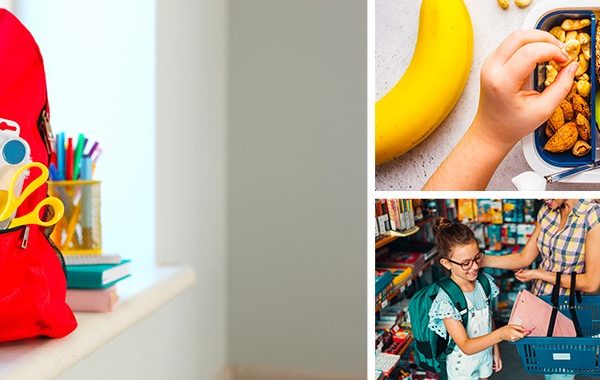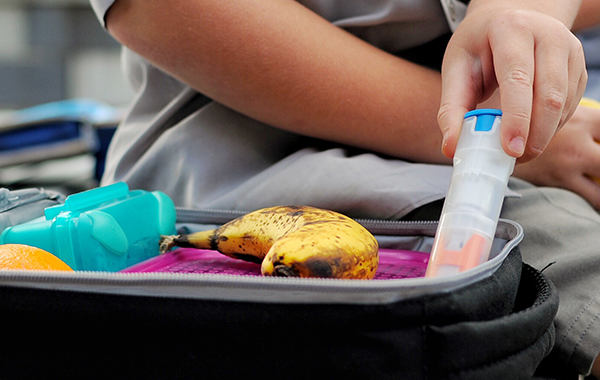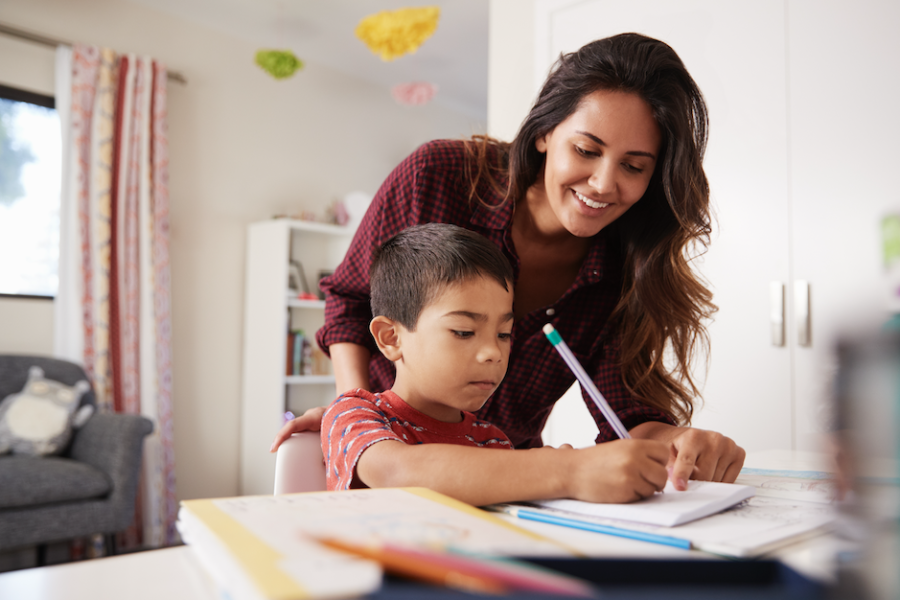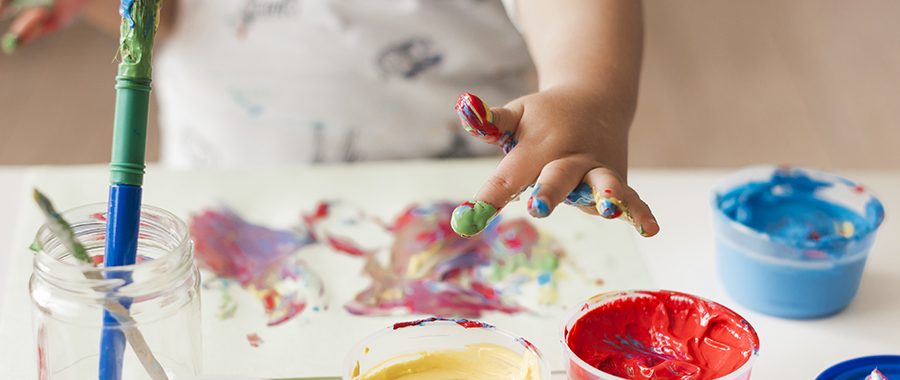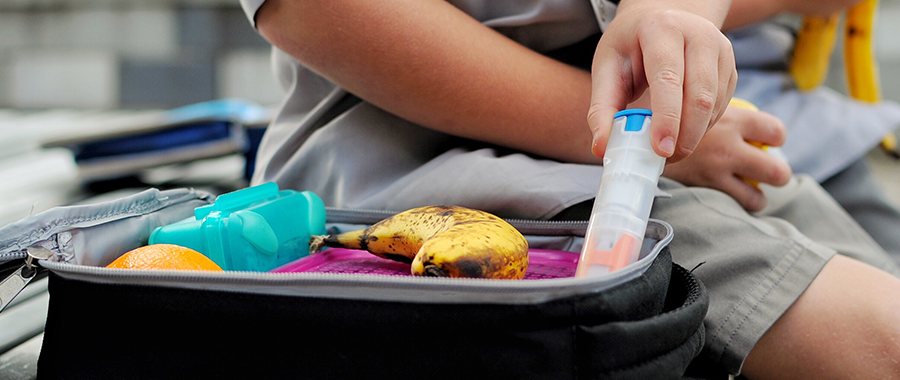Your little one has started daycare and has separation anxiety. Whether it be for daycare, school, or summer camp, what can you do to diminish your child’s separation anxiety or avoid it?
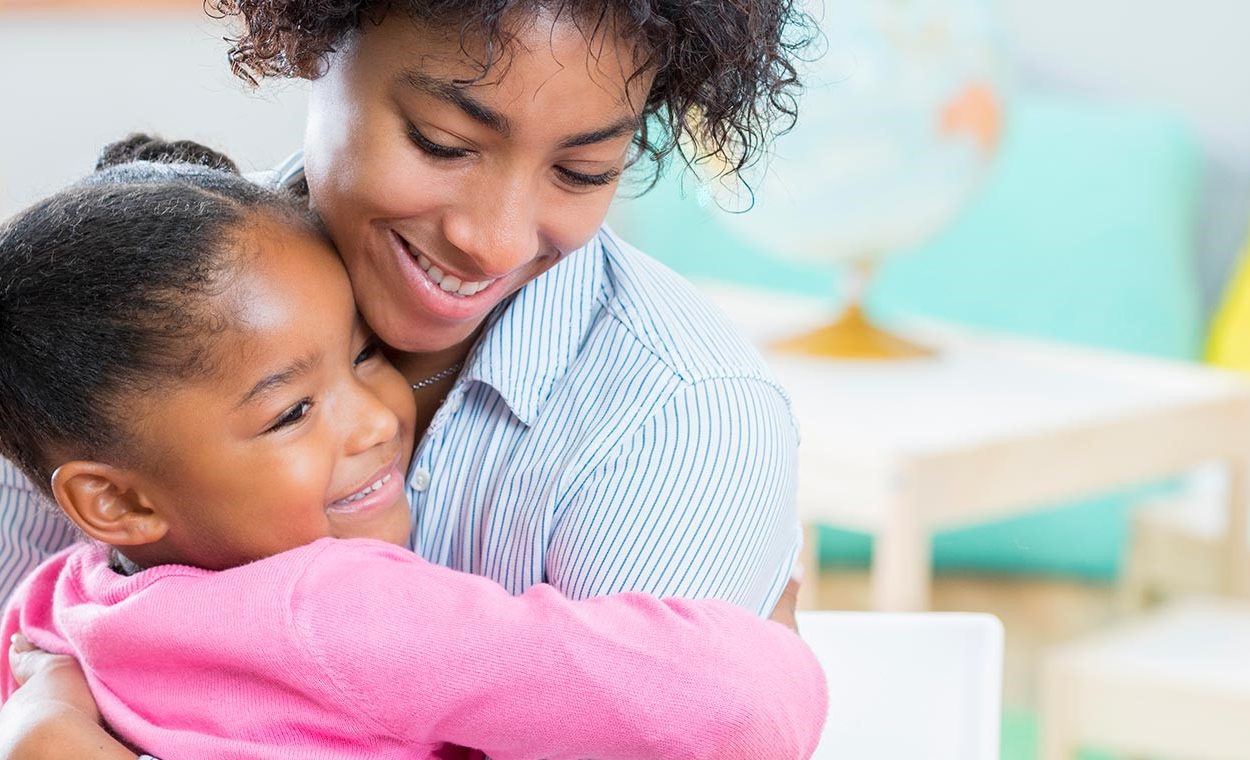
How to Manage Your Child’s Separation Anxiety When Starting Daycare
Your little one has started daycare and has separation anxiety. Whether it be for daycare, school, or summer camp, what can you do to diminish your child’s separation anxiety or avoid it?
What is Separation Anxiety?
Separation anxiety is an intense fear of being separated from your parents. Different factors can cause this anxiety:
Temperament. Some children have a temperament that predisposes them to experience anxiety. If close family members suffer from anxiety, then the child tends to reproduce this state of mind. The following two examples are factors that play a role in the temperament of a child:
-The child’s genetics
-One of the parents has anxiety
The environment. The environment in which the child grows up can also be a source of anxiety. The following two cases can be causes of separation anxiety in a child, even if they are entirely different situations:
-Family instability
-Overprotective parents
A particular event. Traumatic events for a child where they are separated from their parents or a loved one can sometimes trigger anxiety. For example:
-A hospitalization
-A divorce
-The death of a loved one or a family pet
In other cases, stressful situations can be the triggering event:
-Starting school
-Starting daycare
-Moving away
This anxiety usually disappears within a few days or weeks as the child adapts to these new circumstances.
Measures to Prevent Anxiety
There are certain measures that you can adopt to avoid your child’s separation anxiety. Some must be undertaken at an early age for your child, while others must be adopted just before the event, which may trigger anxiety.
When your child is a baby, play peekaboo by hiding behind a blanket. This harmless game will make them understand that you are there even though they cannot see you.
Get your baby used to see people without forcing them to be held.
Avoid always holding your baby in your arms. Get them used to the idea of being independent by letting them play with toys near you while you cook, read, or clean. Playing alone can be beneficial to your child, which will help them avoid anxiety.
Leave your baby with a person you trust in a familiar environment, then leave for a short period. Gradually increase the length of your absences. This way, no matter what age your child will attend daycare, he will be used to not always being with you.
Get your child used to being independent at a young age. In turn, it will make them less likely to experience anxiety when you are not by their side.
Some time before starting daycare, talk about it with your child and explain to them what to expect. Visit the daycare and meet the daycare educator with your child.
The week preceding the start of daycare, remind your child often of what will happen to prepare them. On the day of, warn your child 15 minutes before leaving for daycare.
These measures help to prepare your child mentally, and the separation will no longer be a surprise for them. They have time to get used to the idea and are less likely to develop anxiety.
Measures to Manage Anxiety
Whether you have prepared your child or not to start daycare, there are still risks that they will develop anxiety. If this is the case for your child, then what can you do to manage their anxiety?
Maintaining a routine is reassuring for a child. Keep the same routine, especially during the period of adaptation. You will find helpful tools to achieve this on the website lesbellescombines.com. Both you and children will appreciate them.
Make brief and neutral goodbyes. To prolong the moment of separation only worsens the anxiety of a child. Simply tell them goodbye, kiss them, tell them who will come to pick them up, and then leave. Follow these steps every time, and do not change anything about this routine, even if the child is in crisis.
Help your child feel in control. Simple things like letting them choose what to wear or crossing off the days of the week on their calendar can give your child a sense that they are in control of their life.
Be emphatic and patient. Be patient and comprehensive with your child. Some periods are more stressful than others. Ask them questions and reassure them. Help them manage their anxiety instead of making it worse by rushing them.
Teach by example. Learn how to manage your own anxiety. Children are like sponges and reflect your confidence or your anxiety. Be confident when you leave them at daycare. Your child will feel it, and it will calm them.
Different tricks exist to help your child cope with anxiety. Find the most suitable approach to the needs of your child.
If the anxiety disorder persists and gets worse, it would be prudent to dig deeper to find the root cause of their anxiety and even to consult with a health professional.
Goodbye Anxiety!
With some time and patience and a lot of love and understanding from us, our children can overcome their anxiety.
As a parent, you must not give up! The well-being of our children is, after all, our main priority!

